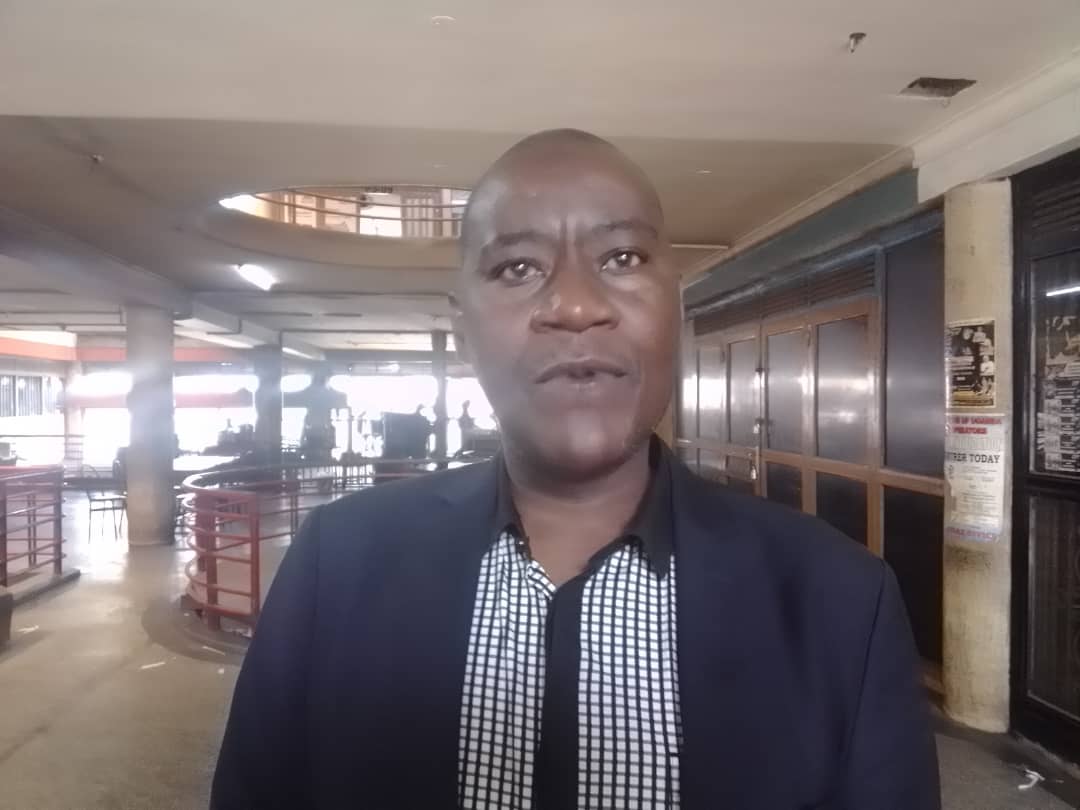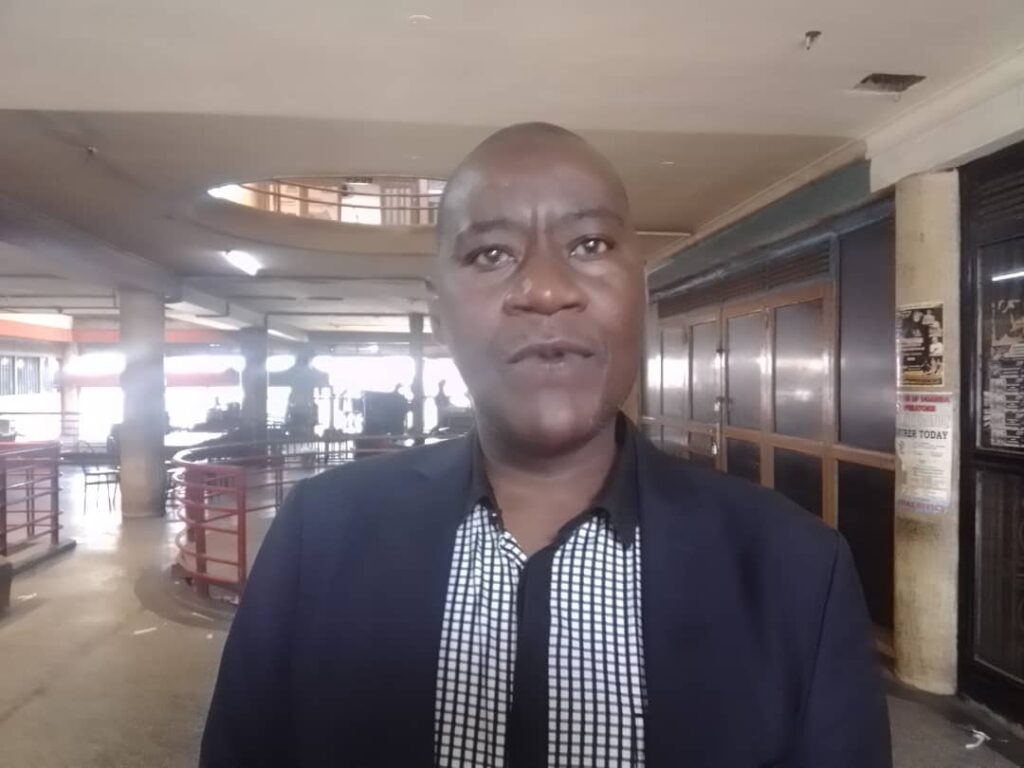
 Tiger FM
Tiger FM

 Tiger FM
Tiger FM
18 May 2025, 11:17 am
By Ronald Ssemagonja
Following the announcement earlier this week by the Minister of State for Works and Transport, Hon. Fred Byamukama, regarding planned reforms in the taxi sector — including the phasing out of old taxis, the banning of stages, and the creation of SACCOs — various stakeholders have raised concerns about the proposed changes.
Speaking to journalists in Kampala, the Deputy Chairman in charge of Administration at the Federation of Uganda Taxi Operators (UTOF), Mr Mayambala Mustafa, stated that the minister should have first consulted them as key stakeholders in the industry before making the announcement.

“What the minister said is unacceptable, and we cannot allow it. If he has plans to regulate the transport sector, especially the taxi industry, he should recognise that we are the key stakeholders. You cannot simply go to the Media Centre and make an announcement without first inviting us for a meeting. We, the ordinary people, own this business — we are the investors who have poured billions of shillings into this sector. The taxi business is not a government entity for the minister to unilaterally dictate how it should be run. No. Since the minister took office, we have written to him on several issues affecting our sector, but he has never responded,” said Mayambala Mustafa, Vice Chairman for Administration at the Federation of Uganda Taxi Operators (UTOF).
Mayambala further alleged that the minister is backing a particular association operating along Entebbe road.
“The minister is supporting a certain taxi association which has no gazetted stage — they operate from the roadside, they do not pay PVC [Public Vehicle Contribution], among other things. We believe he is trying to promote this association that plies the Entebbe road route. I agree that some taxis need maintenance, and we’ve engaged their owners. We believe they will take action. However, on the issue of scrapping stages, I disagree entirely. We tried that years ago and it failed miserably — we were in constant conflict until the government advised us to unite under one federation, which we did. Today, we see the fruits of that unity,” he said.
Similarly, the Secretary of Mbale Stage, Hajji Yusuf Nsimbi, acknowledged that many taxis are in need of repair, but appealed for patience from the government.
“The government should understand that these vehicles are no longer being imported, so they will gradually phase out. The problem is that many owners don’t prioritise maintenance, yet it is very important. I believe that if the government or ministry engages them and explains the importance of maintenance, they will respond positively — especially because these taxis employ many young people. The government should consider organising workshops to educate these owners. In the meantime, I urge the owners themselves not to wait for government intervention — let them take the initiative to prioritise maintenance, because these vehicles carry many people,” he said.

Additionally, Ssali Isaac Keith, the aspiring Mayor for Nansana division, while speaking to journalists in Nansana municipality, urged the government to proceed cautiously with the proposed ban on old taxis. He noted that Uganda has a large number of unemployed people, particularly the youth, and warned that removing these taxis — which provide livelihoods for many — without first putting alternative plans in place, could worsen unemployment and potentially lead to a rise in crime across the country.
“I completely disagree with the ministry. Many young people are surviving because of those taxis. Announcing such a directive without having a clear plan for those currently working in the sector is unrealistic and unfair,” he said.
